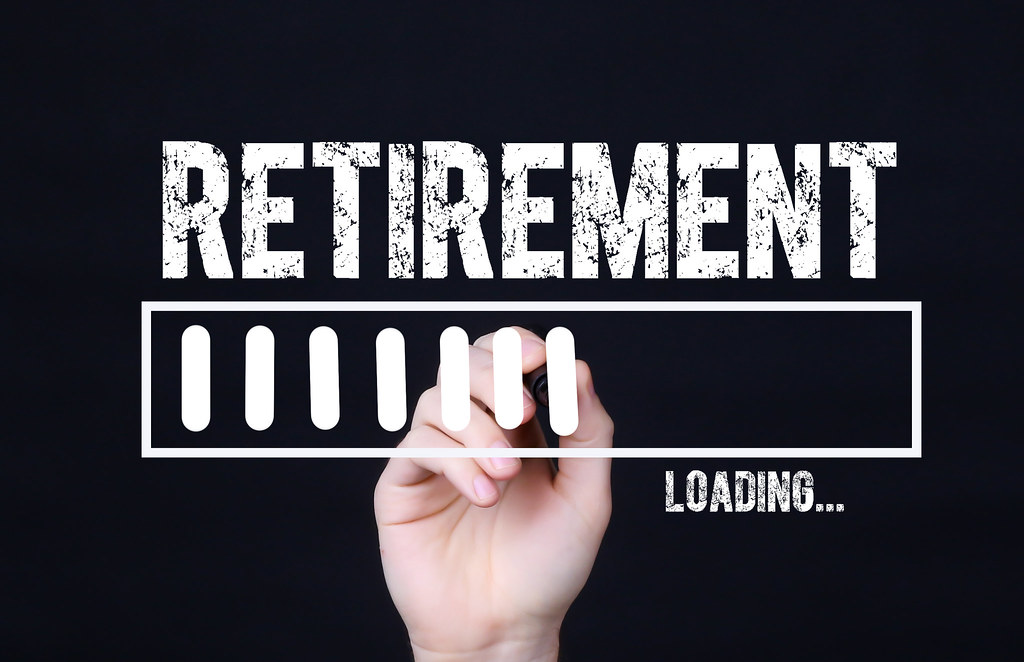Throughout our long careers, we look forward to the leisure of our golden years, but retirement is going away for many of us. Here’s why.
You work hard, save as much as you can afford, and put off plans for someday. Maybe you’ll get to travel, spend more time with your family, or simply get to relax – finally! – after you retire. The way trends are heading, though, the light at the end of that tunnel is looking dimmer by the day. You may be done with the rat race, the alarm clock, “outstanding customer service” or just pushing paper and pixels around, but what if the world of work will never be done with you? For many of us who didn’t have the kind of families that give newborn babies $10K seed money, retirement is going away.
Here are some data points to consider.
The first retirement program was allegedly masterminded by Otto von Bismarck in 1881. Back then, reaching old age was no reason to stop doing the things one needed to do to get by, and the rural economy, where most people toiled, needed plenty of able hands. However, facing the possibility of socialist movements in the German empire, Bismarck assembled state health insurance and a modest pension for people who managed to live to age 70, which was, then, the life expectancy. While defeating the Socialists by creating a welfare state is like the government co-opting the Black Panthers’ school breakfast program, to be at all useful, retirement is going to have to kick in before people are too dead to enjoy it.
Inflation and the increasing cost of living has been driving retirees back into the job market. Whether due to shorter term problems like gummed-up supply chains, war and price gouging, or longer term predicaments such as resource depletion and natural disasters, prices are going up and retirement is going on hold. In the UK, a recent poll of 2000 people over age 66 found that 6% planned to look for work in the coming month in order to pay the bills or rebuild savings, while 12% said inflation had “upended” their retirement plans. A third of respondents were no longer sure they could maintain the post-retirement lifestyle they expected.
In the United States, people who found the pandemic to be a convenient time to retire are coming to similar conclusions as their counterparts in Britain. Others are rejoining the world of paid work due to family emergencies, the allure of bigger paychecks in an economy with so many job openings, the feeling that they still have more to offer in terms of skills and expertise, or even boredom. Others were let go during the pandemic, but still need to work in order to live. Seniors may face an uphill battle when looking for work, too, as employers may not believe that older workers are hip to current technology or may worry about age and health affecting attendance.
Older adults are also showing up at homeless shelters in greater numbers. With investors and hedge funds buying up residential real estate and more intense natural disasters destroying others, seniors may not be able to afford rent increases or the expense of rebuilding. Retirement is going to be harder, too, for those who live in (or relocate to) areas affected by drought. Living in an area where water is scarce or entirely unavailable is not only a problem in and of itself, it can also cause property value to plummet. Starting over with nothing may drive those who are still able to work back into employment, but what of those who aren’t?

As people (especially those with adequate means) live longer than they did in the past, that also means longer careers. Staying healthy and able-bodied may mean that people are able to work longer, whether or not they want to, and longer life means more expenses, making such work a necessity. Yet, who wants to work 50-60 year careers without being able to take some time to enjoy life and all that the world has to offer?
If retirement is going away, perhaps we should become a culture of long and plentiful sabbaticals, where we do what is more important to us than what is profitable for our employers. If we needed another good reason for socialized healthcare and a universal basic income, this is it. Failing that (and it probably will), it’s wise to make realistic plans about how to maintain an income and insurance coverage, and eventually, how to re-enter the workforce, perhaps several times during the course of a long life.
Finally, like fast fashion, cheap air travel and civil rights, retirement itself may be a fossil from a declining era of plentiful resources and (relatively) widespread affluence that is currently winding down. The same one-time glut of oil, gas and coal that powered industrial culture’s cheap goods and underwrote the modern era’s relative peace and leisure (at least for the better-off in the wealthier nations) also supported the ability of a whole cohort of older people to keep consuming long after they stop laboring. Or, as the Harvard Business Review puts it, we should all have a reason to wake up in the morning, and some kind of work should be that reason. (You didn’t want to wake up and do nothing, did you?)
All of which takes us back to the days of Otto von Bismarck, when old age pensions only cover those who have already exceeded their life expectancy. Which opens the door, of course, to the same Socialist movements that Bismarck did so much to fend off.
Related: Relief and Rebuilding after Ian and Fiona


Join the conversation!